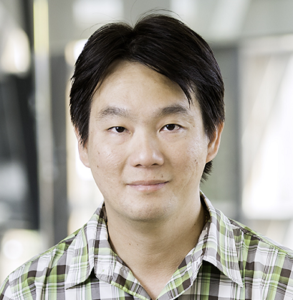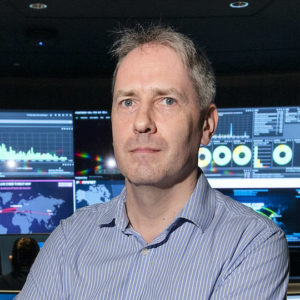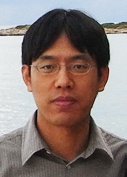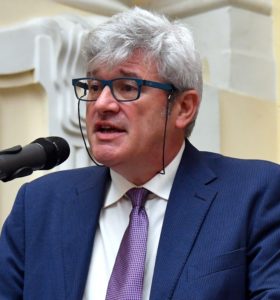
An interdisciplinary approach to cyber security and resilience research
As a culturally and economically open nation, the United States (US) has thrived on the wealth that cyberspace and technologies have enabled. However, just as cyberspace and technologies provide new opportunities for governments and businesses to operate and expand their presence and reach, it also presents opportunities for those with criminal intentions and leaves us, as individuals, communities, organizations and as a nation, highly exposed to the threat of cyberattacks and a broad spectrum of malicious activities. An open nation cannot shut down its cyber systems for fear of these threats but instead it must build the national resilience needed to maintain an open yet secure cyber space. Short-term technical measures (e.g. patching known vulnerabilities) are not adequate in addressing the constant evolving cyberthreat landscape and the broad spectrum of attacks. In addition to the technical challenges, there are also associated legal and policy challenges that need to be considered in the design and deployment of such solutions in practice.
In this presentation, we will explore the challenges from technical, legal and policy perspectives. For example, how do we use machine/deep learning to facilitate detection of real-time attacks against IoT devices and systems, and how can we automatically identify and collect digital evidence in a forensically sound manner which can be subsequently used for cyber threat intelligence? In the event that the attackers use sophisticated tools to obfuscate their trails, can we design machine/deep learning techniques to unobfuscate and/or identify and exploit vulnerabilities to get access to digital evidence? What are the potential legal implications and challenges? Can we also design explainable AI techniques to facilitate the explanation and inclusion of such digital evidence and cyber threat intelligence in court proceedings or presentations to C-level or boards in organizations? Based on these discussed challenges, we will identify potential opportunities for stakeholders in academia (e.g., students and researchers), industry and government.



